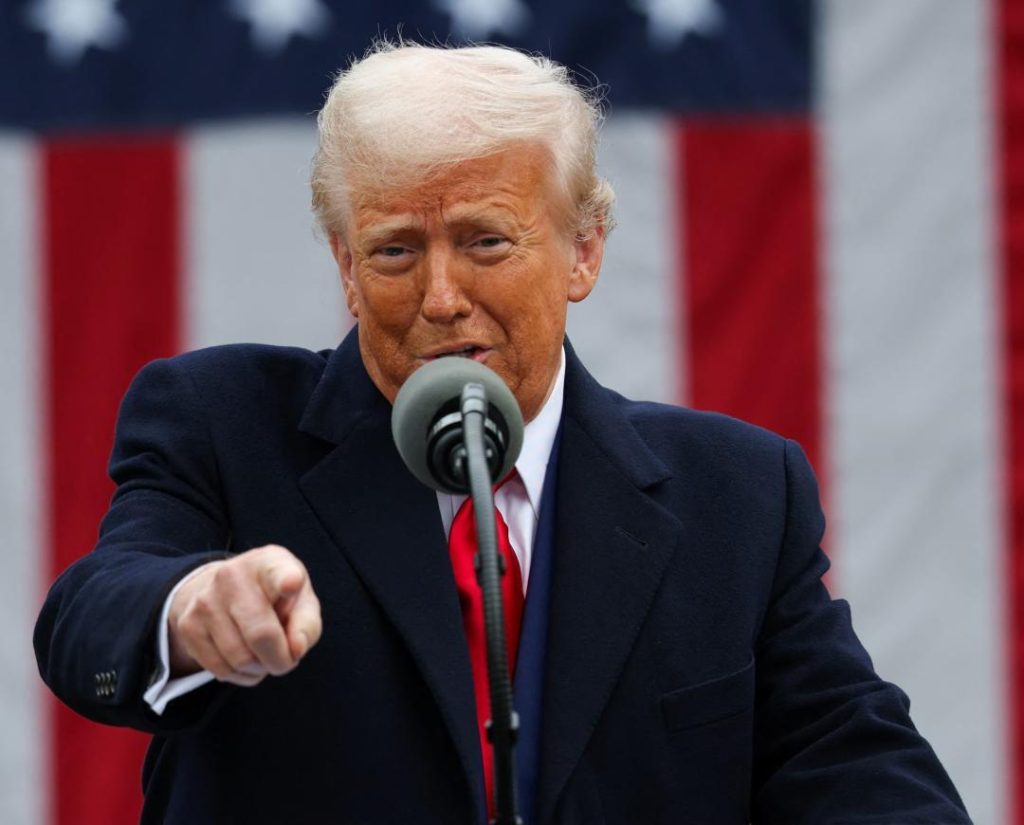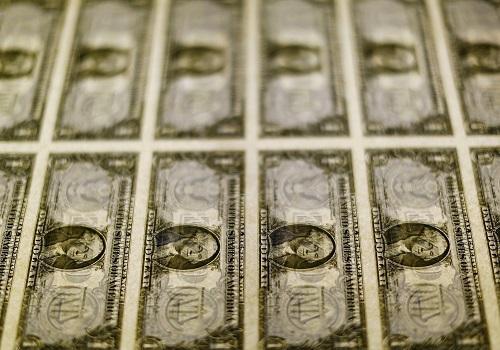
Which Goods & Items are Exempt from Trump’s New Tariffs?
In a bid to protect American industries, US President Donald Trump announced new reciprocal tariffs on Wednesday, April 2. The tariffs, which will be levied on imports from several countries, including China, are expected to have a significant impact on global trade. However, not all goods and items have been included under the ambit of these tariffs. Certain commodities, including pharmaceuticals, bullion, energy, and semiconductors, have been exempt from the tariffs.
In this blog post, we will take a closer look at the list of goods and items that have been exempt from Trump’s new tariffs. We will also explore the reasons behind these exemptions and the potential impact of these tariffs on global trade.
Pharmaceuticals
Pharmaceuticals are one of the biggest exemptions from Trump’s new tariffs. The industry is a significant contributor to India’s exports, with nearly $9 billion worth of pharmaceutical products being exported to the US every year. The exemption of pharmaceuticals from the tariffs is a major relief for Indian companies, which had been facing uncertainty about the impact of the tariffs on their exports.
The exemption of pharmaceuticals is also seen as a strategic move by the US government to maintain access to essential medicines. The US is one of the largest importers of pharmaceuticals, and the exemption ensures that Americans continue to have access to these essential products.
Bullion (Physical Gold and Silver of High Purity)
Another commodity that has been exempt from the tariffs is bullion. Physical gold and silver of high purity, which are used in coins, bars, and other forms of investment, are not subject to the tariffs. This exemption is seen as a move to protect the global gold and silver markets, which are critical to the functioning of the global economy.
Energy
Energy products, including crude oil, natural gas, and coal, have also been exempt from the tariffs. This exemption is seen as a move to ensure that the global energy market remains stable and that countries continue to have access to the energy resources they need.
Some Minerals Not Available in the US
Some minerals that are not available in the US have also been exempt from the tariffs. These minerals, which are critical to the functioning of the global economy, are used in a wide range of industries, including manufacturing, construction, and energy production.
Copper
Copper, which is a critical component in a wide range of industries, including manufacturing, construction, and energy production, has also been exempt from the tariffs. The exemption of copper is seen as a move to protect the global copper market, which is critical to the functioning of the global economy.
Steel and Aluminium
Steel and aluminium, which are critical components in a wide range of industries, including manufacturing, construction, and energy production, have also been exempt from the tariffs. The exemption of steel and aluminium is seen as a move to protect the global steel and aluminium markets, which are critical to the functioning of the global economy.
Semiconductors
Semiconductors, which are used in a wide range of electronic devices, including smartphones, computers, and televisions, have also been exempt from the tariffs. The exemption of semiconductors is seen as a move to protect the global semiconductor market, which is critical to the functioning of the global economy.
Lumber Articles
Lumber articles, which are used in construction and other industries, have also been exempt from the tariffs. The exemption of lumber articles is seen as a move to protect the global lumber market, which is critical to the functioning of the global economy.
Reasons Behind the Exemptions
The exemptions from the tariffs are seen as a move to protect critical industries and commodities that are essential to the functioning of the global economy. The US government has also taken into account the potential impact of the tariffs on global trade and the economy as a whole.
Potential Impact of the Tariffs
The tariffs, which will be levied on imports from several countries, including China, are expected to have a significant impact on global trade. The tariffs are seen as a move to protect American industries, including manufacturing, construction, and energy production.
However, the tariffs could also have a negative impact on global trade, including increased prices for consumers, reduced economic growth, and job losses. The tariffs could also lead to retaliatory measures from other countries, which could have a negative impact on the global economy.
Conclusion
In conclusion, Trump’s new tariffs, which were announced on Wednesday, April 2, have been exempted for certain goods and items, including pharmaceuticals, bullion, energy, and semiconductors. The exemptions are seen as a move to protect critical industries and commodities that are essential to the functioning of the global economy.
The potential impact of the tariffs on global trade and the economy as a whole is significant, and it remains to be seen how the global economy will respond to these tariffs. However, one thing is certain – the exemptions from the tariffs will have a significant impact on global trade and the economy.
Source:






